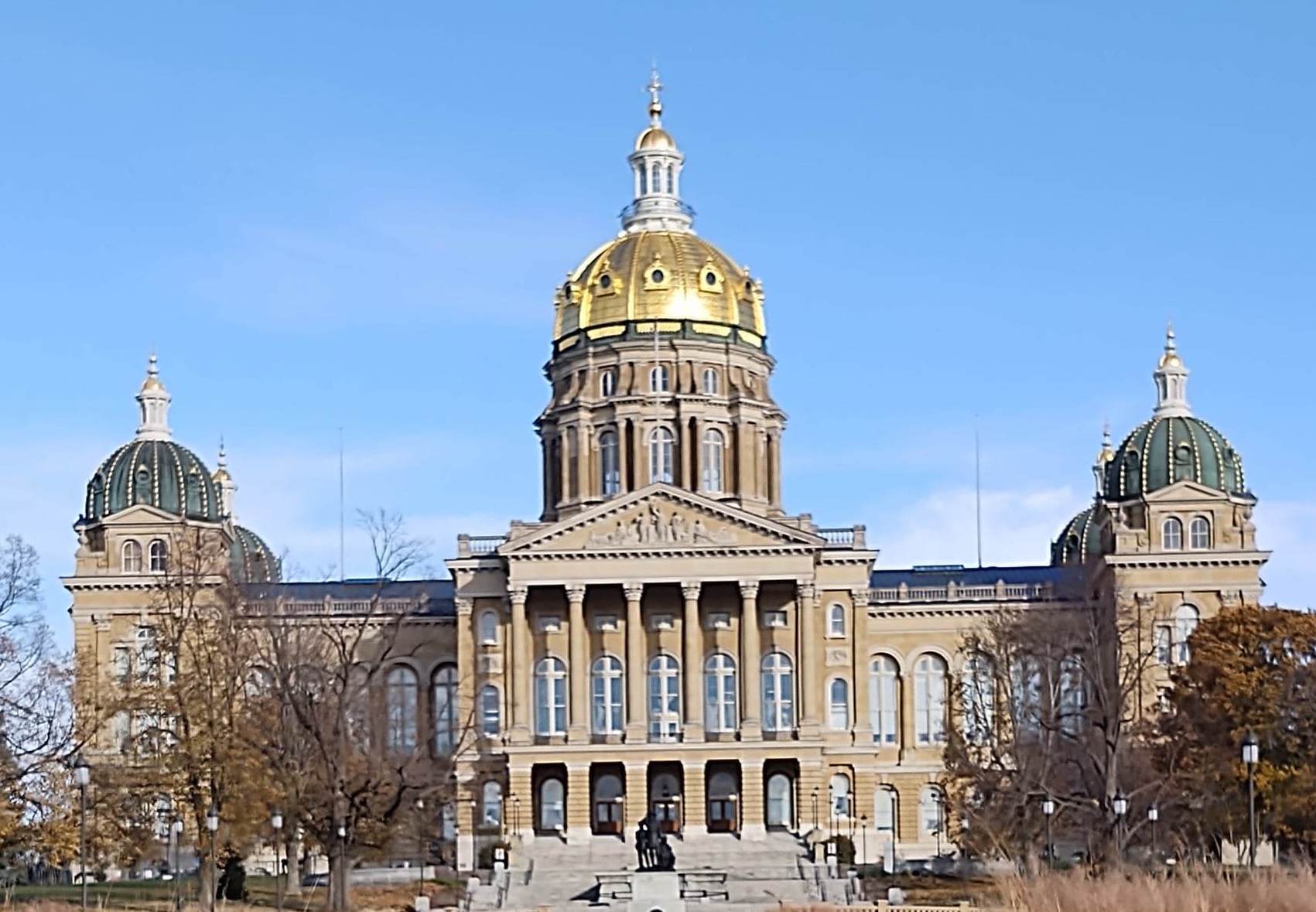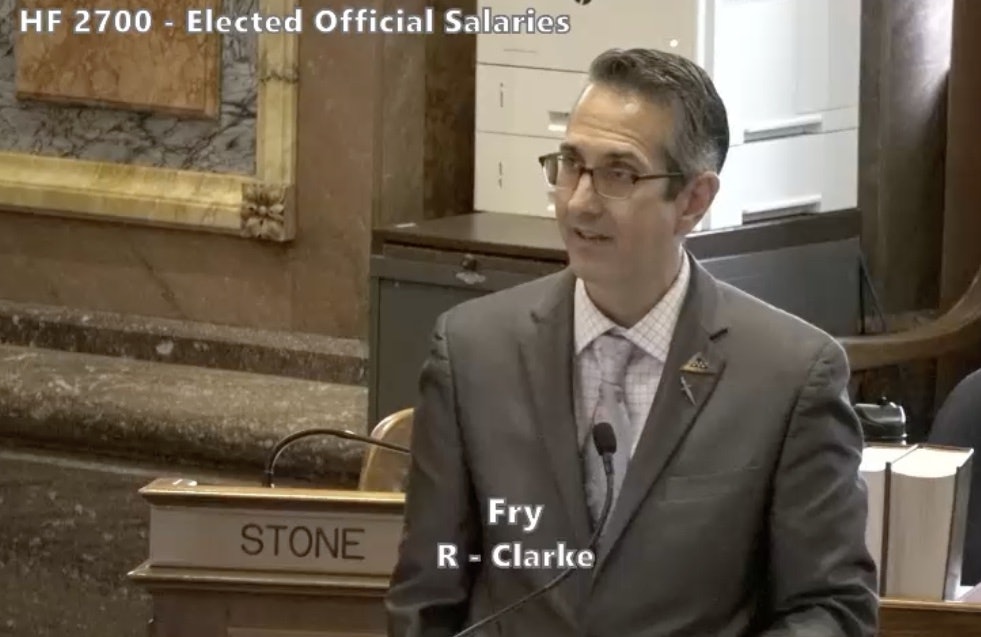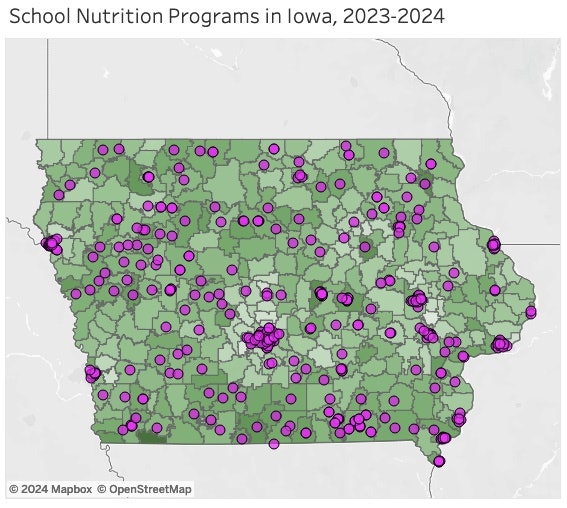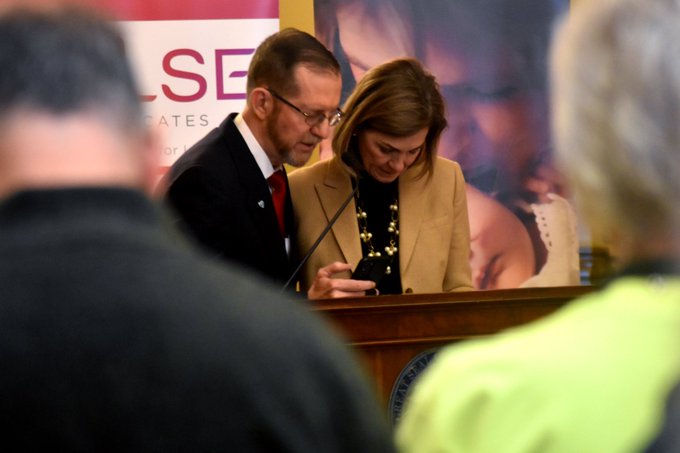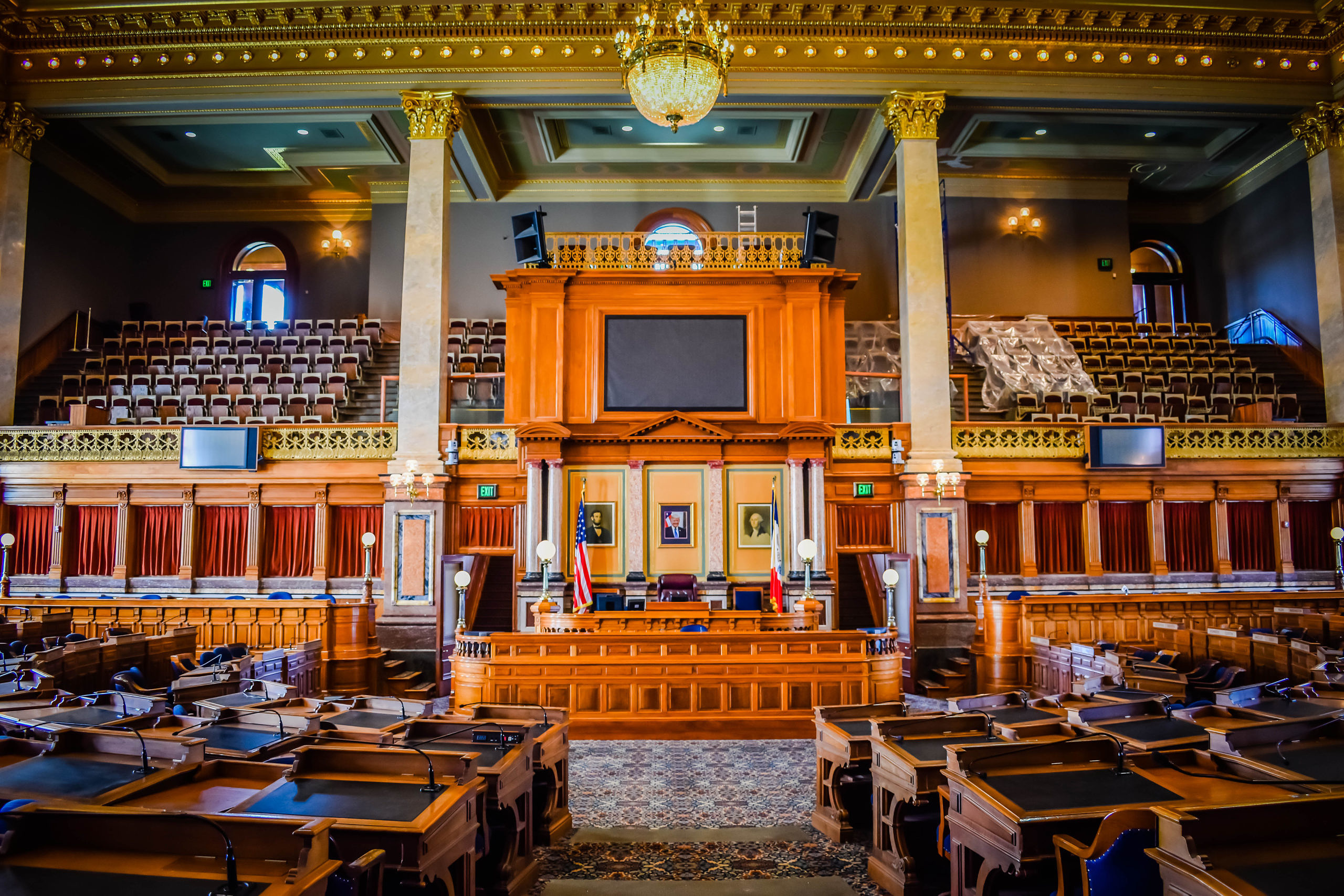State Representative David Dawson announced today that he will not seek a third term in Iowa House district 14. I enclose below a news release he posted on Facebook at approximately 6:00 pm on March 18. Although I am on the press distribution list for the Iowa House Democrats, at this writing I have not received the statement by e-mail. Earlier today, Timothy Kacena filed for the Democratic nomination in the district, which covers the west side of Sioux City in Woodbury County (scroll down to view a map). I have not received a press release announcing Kacena’s candidacy, though it is not unusual for several days to pass between a campaign launch and the House Democrats e-mailing a statement about the race.
I have not found a campaign website or Facebook page for Kacena. He appears to have retired from Sioux City Fire Rescue. When I reached him by phone this evening, Kacena declined to comment on whether he is personally acquainted with Dawson or when he was recruited to run for House district 14. Most Iowa politics watchers had no idea until today that Dawson was not planning to seek re-election. No one who didn’t have advance notice could have collected 50 signatures and driven from Sioux City to Des Moines in time to file for the primary ballot by the close of business. Kacena will face Robert Henderson, who filed today for the GOP nomination in the district.
I am seeking comment from Dawson on why he didn’t announce his retirement earlier, whether he is acquainted with Kacena, whether he recruited him for this seat, and if so, when they first talked about the race. If I hear back, I will update this post. The photo accompanying today’s Facebook post shows Dawson with three young children. Spending several months a year in Des Moines is demanding work, taking a lot of time away from lawmakers’ families. Opting out is an understandable decision, and for all I know it may have been a last-minute call for Dawson. While I don’t begrudge anyone that choice, I wish state legislators would let it be known that they are wavering on a re-election bid, so others have a chance to consider running for public office in an open seat.
House district 14 leans Democratic, with 5,938 active registered Democrats, 4,102 Republicans, and 4,710 no-party voters, according to the latest figures from the Iowa Secretary of State’s office. President Barack Obama received 59.33 percent of the vote here in 2012, and Bruce Braley ran only 1 percent behind Joni Ernst among the district’s voters, far better than his statewide showing in the 2014 U.S. Senate race.
Dawson is the third Iowa House Democrat in as many days to announce a surprise retirement. As Bleeding Heartland discussed here, State Representative Nancy Dunkel revealed her plans on Wednesday, the same day Tom Stecher declared his candidacy in House district 57. State Representative Deborah Berry disclosed Thursday that she will not seek another term in House district 62. Ras Smith filed to run in that heavily Democratic seat the same day. At this writing, neither Berry nor Smith have returned my phone calls or responded to my e-mails asking questions such as: How did they become acquainted? When did they first discuss her retirement and his possible candidacy?
I have received some pushback on this post, but even more encouragement from activists who are as disappointed by the insider dealing as I am. Iowa Democratic leaders seeking more grassroots involvement should think about the message these last-minute handovers send to ordinary people about the political process.
I learned today that California law extends the filing period by five days if a state legislative incumbent does not file for re-election. Five days isn’t “enough” time to give serious consideration to a campaign, but it would be better than nothing. The Iowa House and Senate should adopt similar language to prevent insiders from treating a seat in the public’s house like a private club membership.
UPDATE: Mentioned in the previous post but should add here as well that Nebraska law sets an earlier filing deadline for incumbents across the board. Iowa could adopt that approach rather than California’s.
SECOND UPDATE: Ben Nesselhuf commented,
As a grassroots activist in Woodbury County, I can assure you that the only people cut out of the loop were the [R]epublicans. The search for Dave’s successor ranged far and wide. Anyone with any association with the party who had ever expressed an interest in running, and several who hadn’t, was approached. This was not decided in some smoke filled backroom.
THIRD UPDATE: Democratic State Representative Brian Meyer posted this revealing comment on March 20: “I can assure you everyone knew about the retirements well in advance. It was not nothing [sic] wrong with anything my leadership did. It is hard to find candidates.”
Note Meyer’s use of the word “everyone,” apparently to connote members of the Iowa House Democratic caucus and select party activists. Clearly “everyone” did not know about the lawmakers’ impending retirements. On the contrary, I have heard two separate reports of people directly asking Dunkel about her plans, coming away with the impression that she was seeking a third term.
Meyer’s comment assumes recruiting candidates is a job for leaders before a vacancy becomes public knowledge. His perspective does not acknowledge any benefit to an open process, where people who want to run for office can come forward, even if leaders don’t know about them or prefer other prospects. Relevant background information: when former House Minority Leader Kevin McCarthy resigned in 2013, leaving a safe Democratic seat open in the middle of a term, three Democrats announced their candidacies for the special election, only to have Meyer clear the field almost immediately after he expressed interest.
MARCH 21 UPDATE: Three days later, neither Ras Smith nor Deborah Berry have returned my phone calls or responded to my e-mails asking questions about how they arranged this transfer of power and why Smith was selected over all other potential Democratic candidates living in House district 62.
I forgot to mention that this Facebook thread from March 17 belies Meyer’s claim that “everyone knew about the retirements well in advance.” Democratic State Representatives Abby Finkenauer and Liz Bennett assert that they found out Berry was not running for re-election the day before the filing deadline. I have no reason to doubt their accounts.
Continue Reading...

